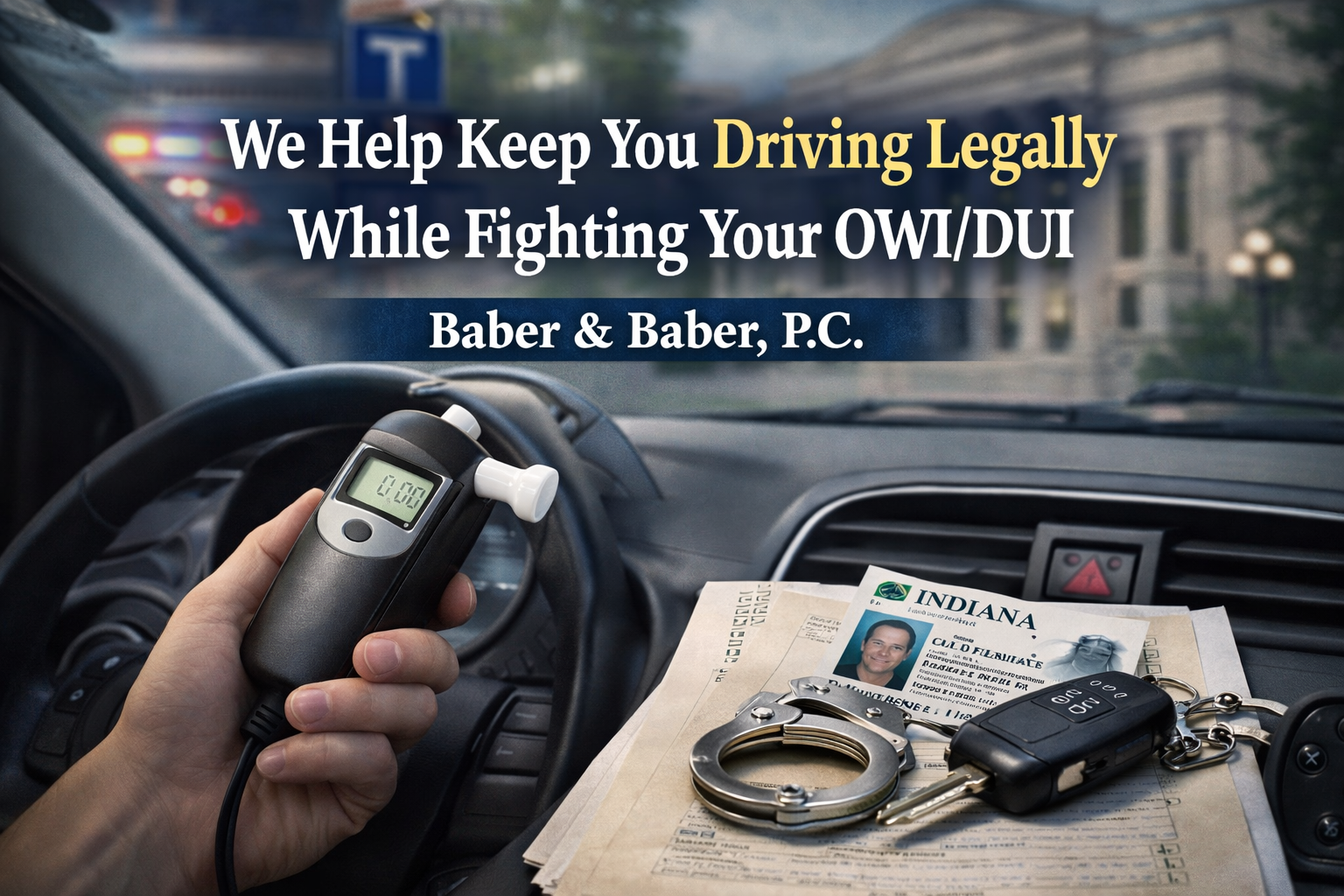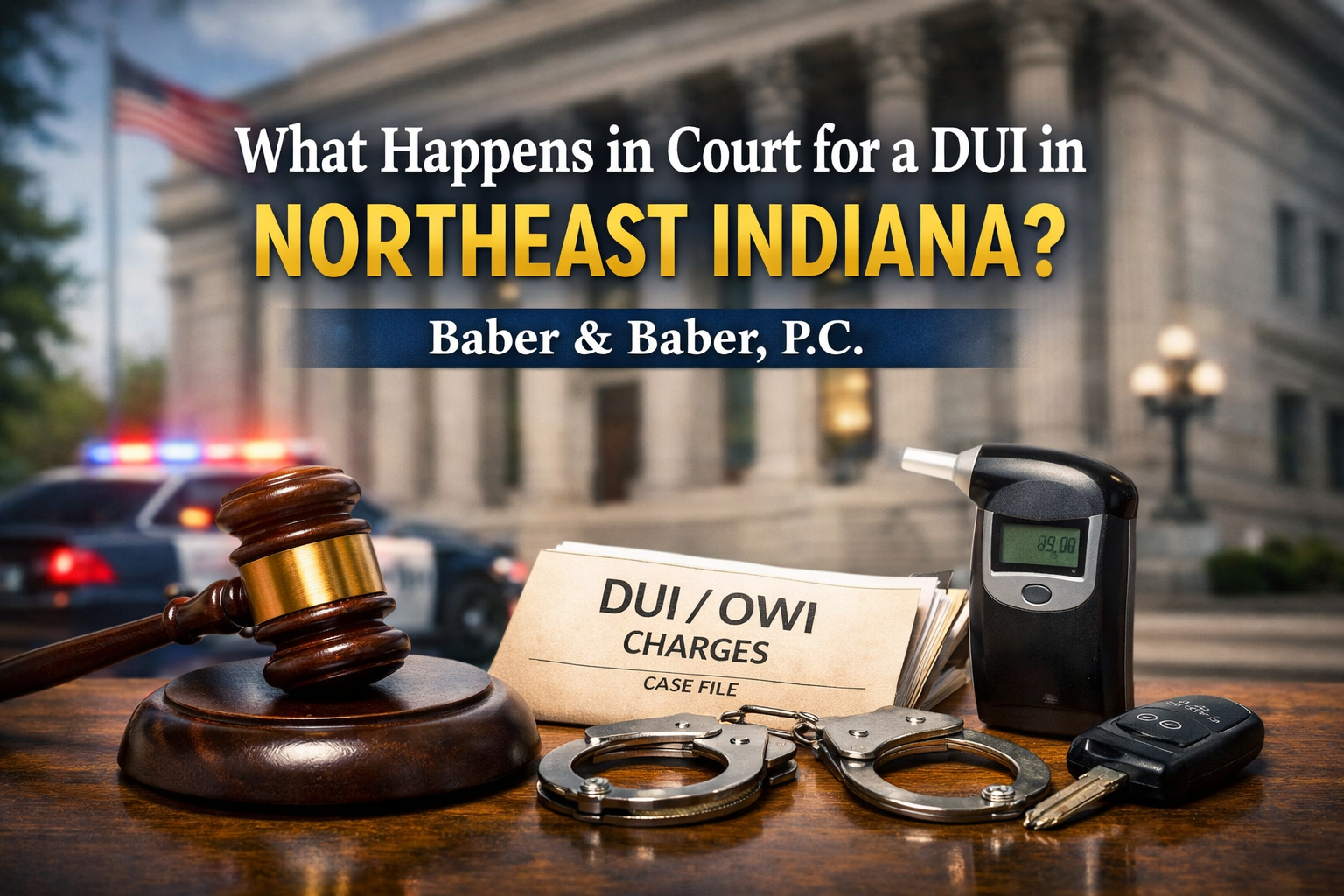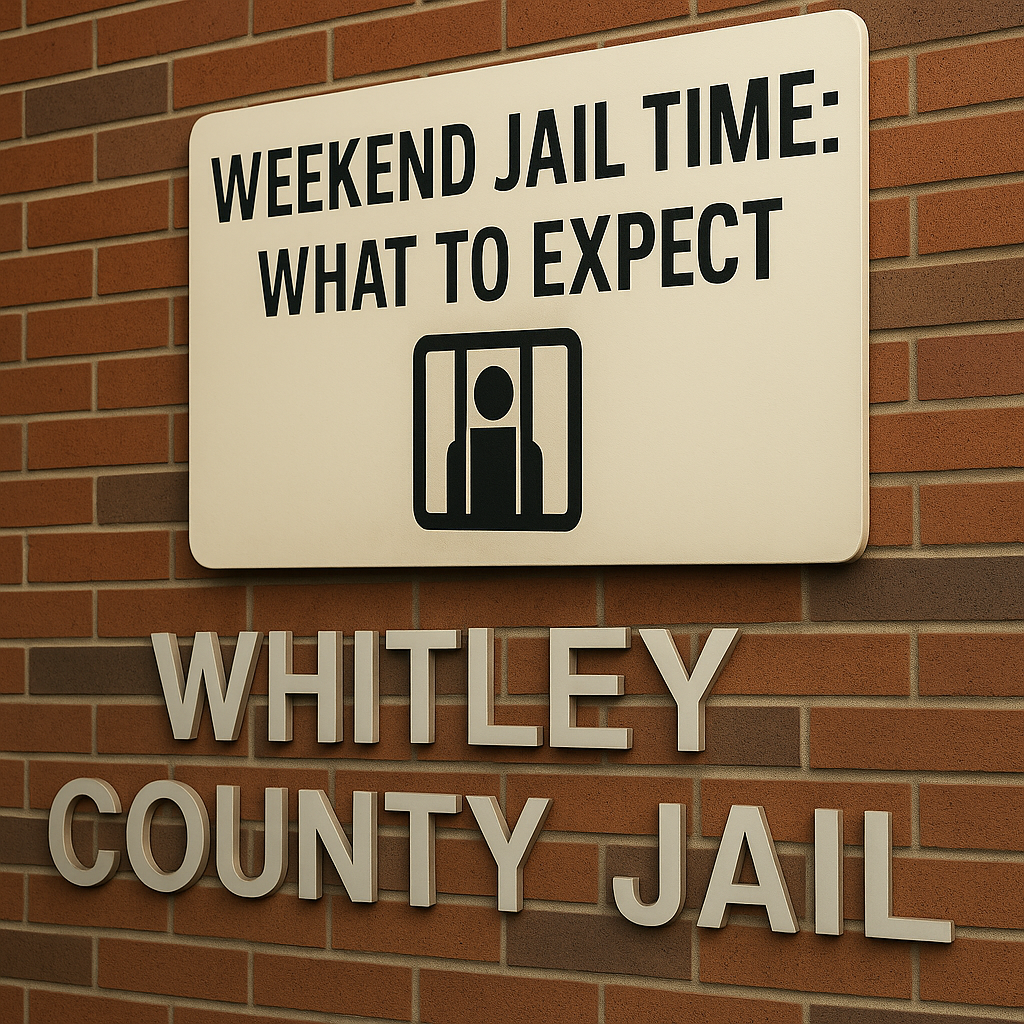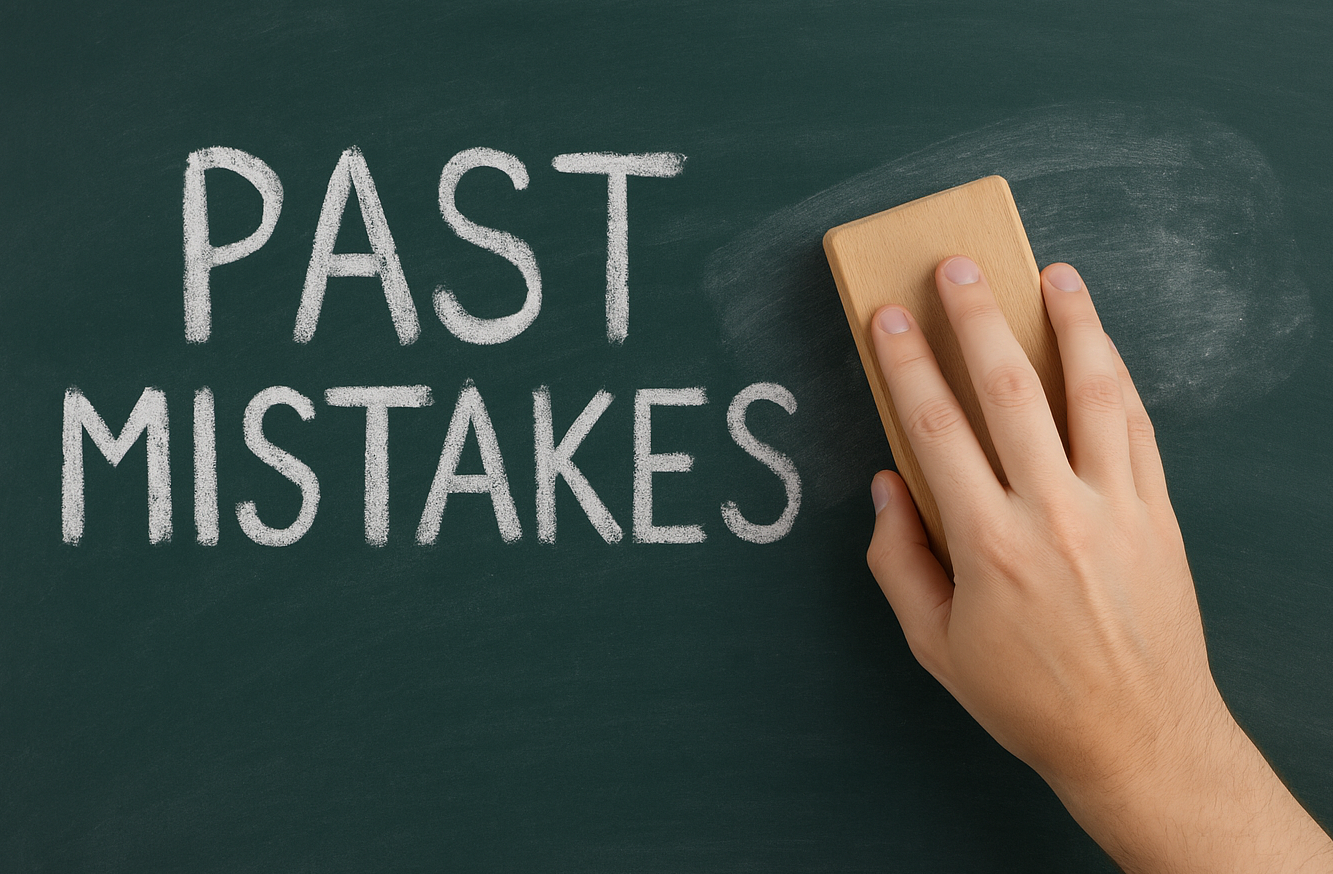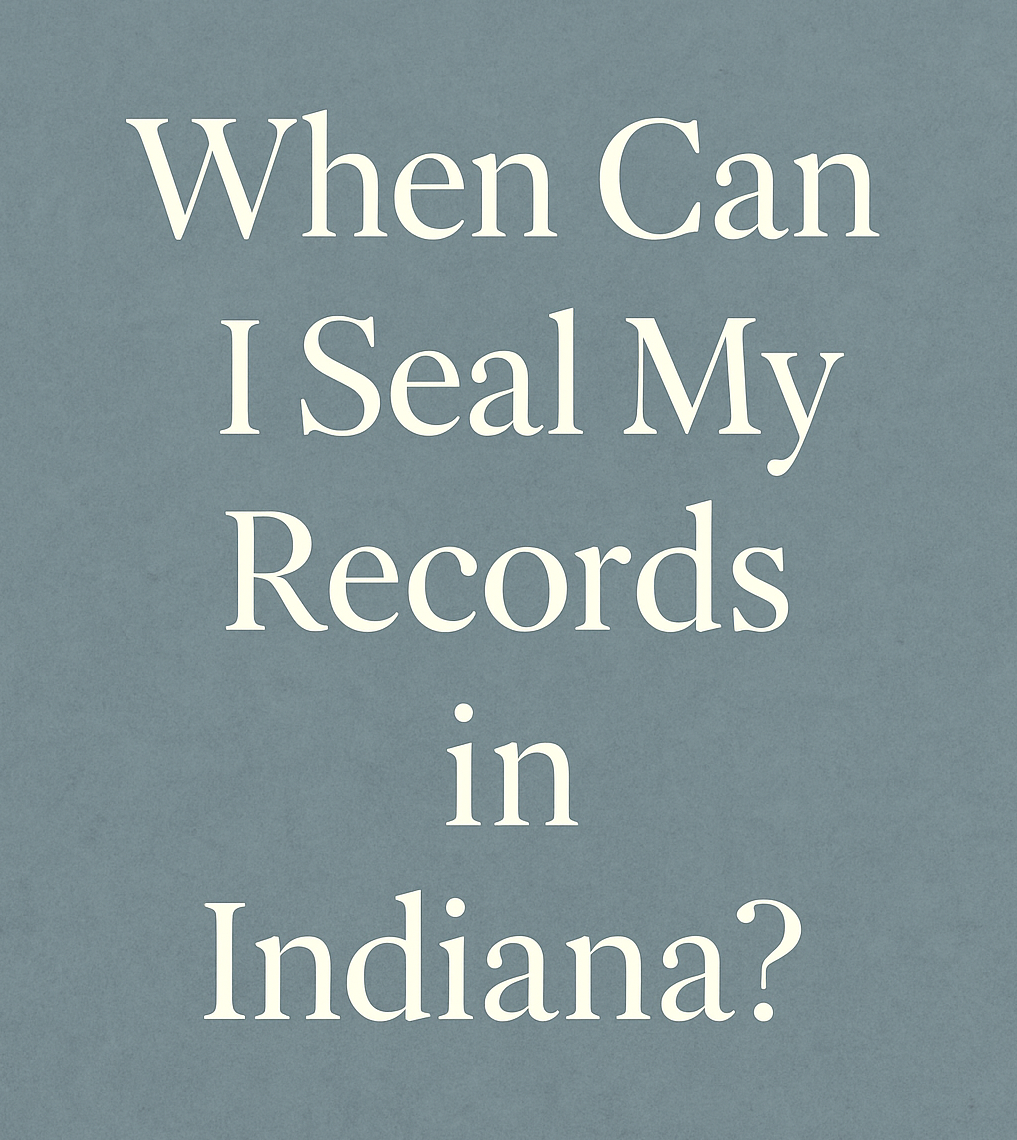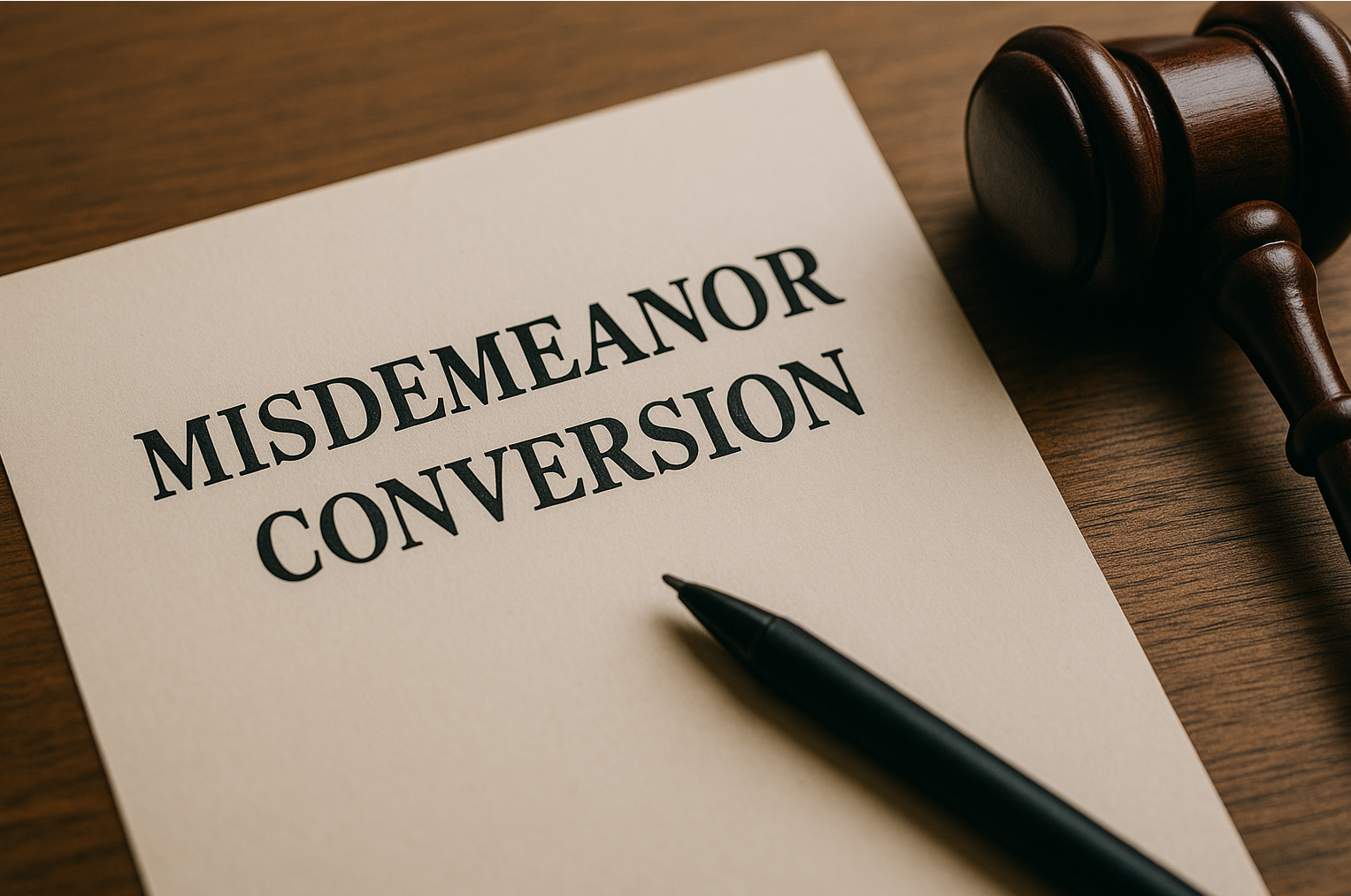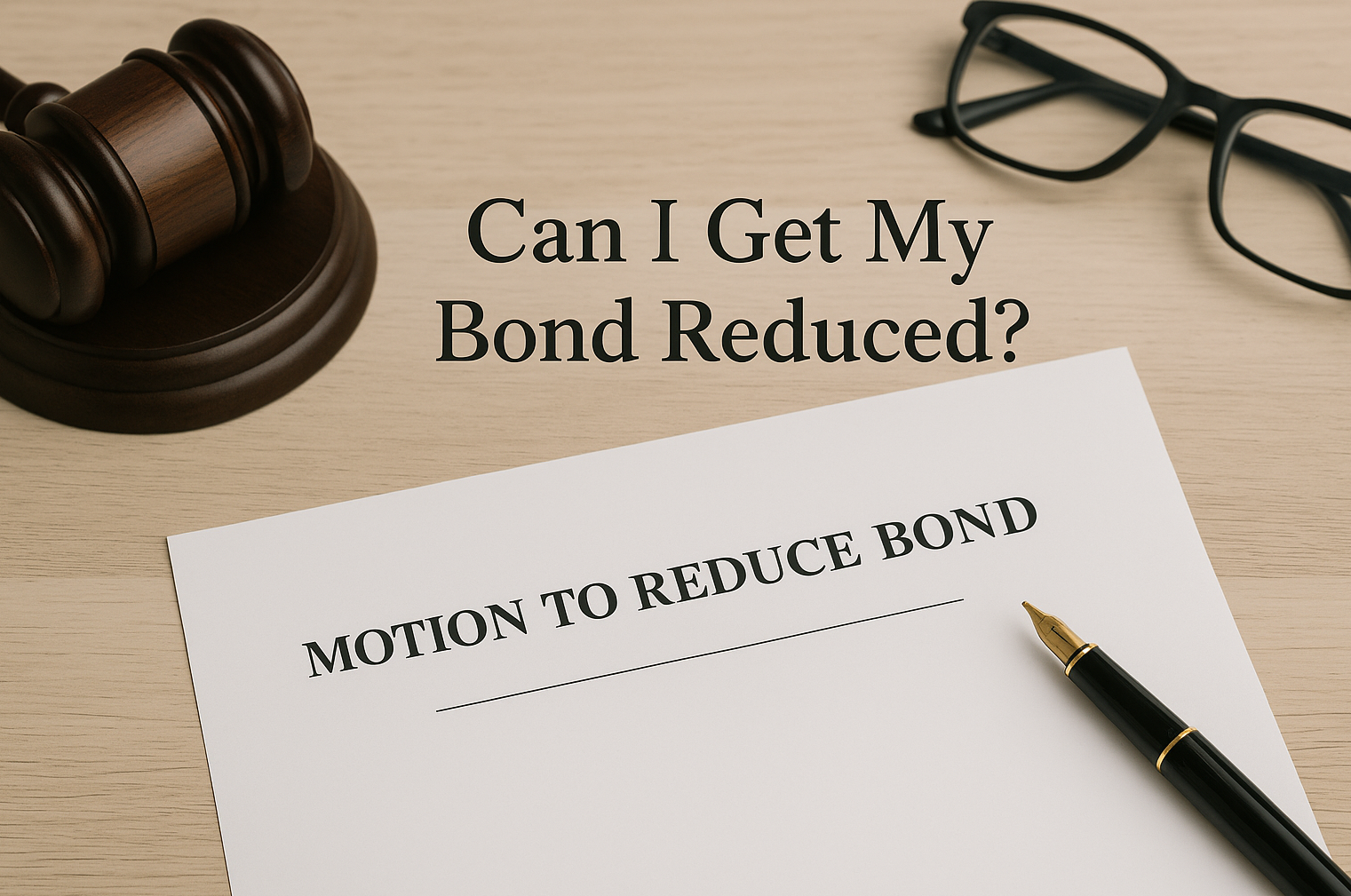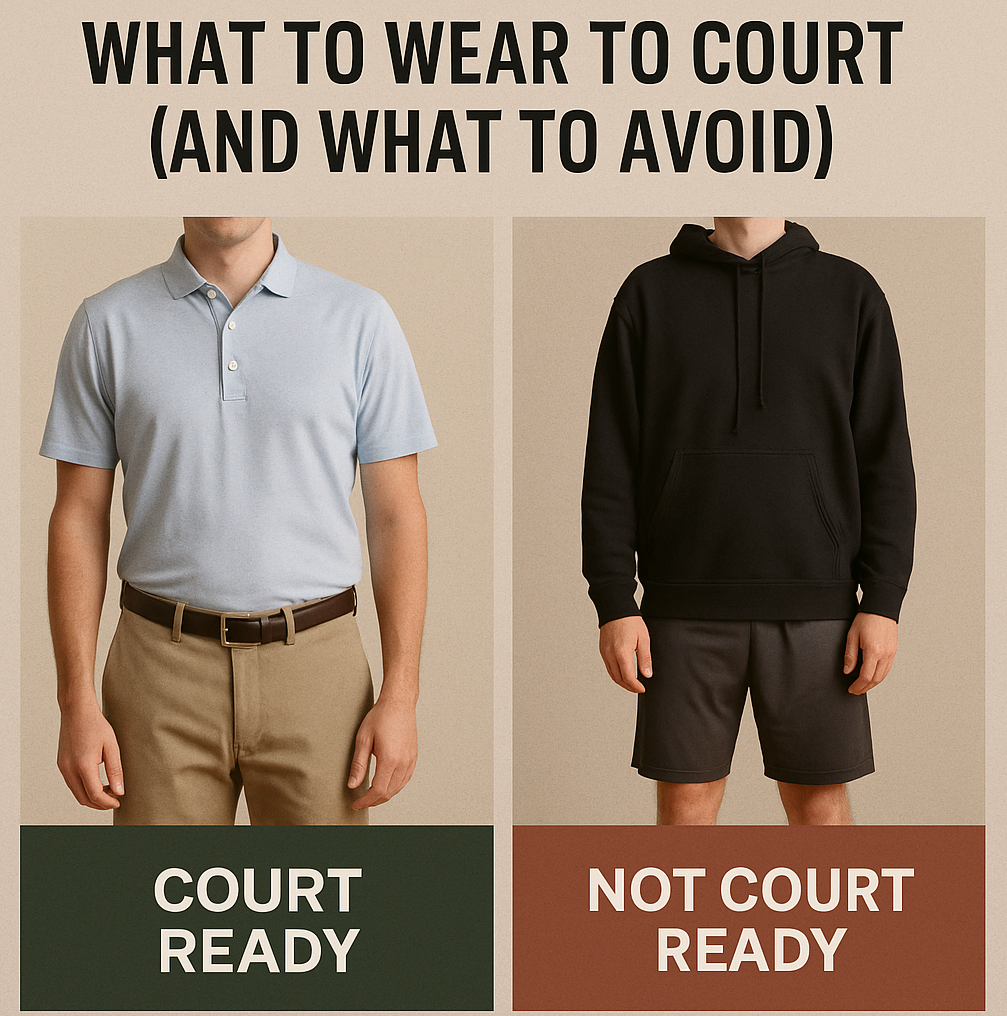Will I Go to Jail at My Initial Hearing in Indiana?
Zach Baber • July 20, 2025
Short answer: Probably not.
Long answer: Not if you follow five simple but crucial steps.
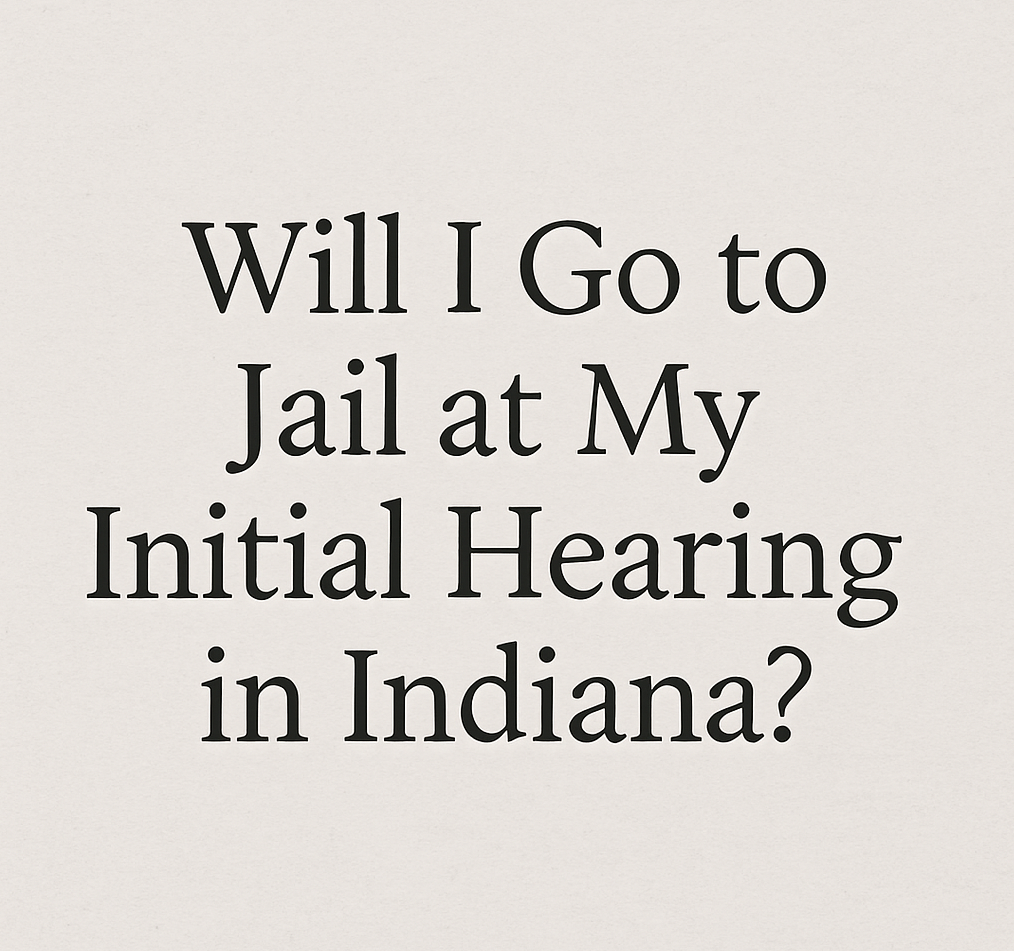
When someone is charged with a crime in Indiana, one of the first major questions they ask is:
“Am I going to jail at the initial hearing?”
It’s a fair concern, especially if this is your first time in the legal system.
What Is an Initial Hearing?
Do People Go to Jail at the Initial Hearing?
But there are exceptions, and many of them are avoidable.
If you show up late, impaired, in contempt of court, or fail to follow basic courtroom decorum, a judge may revoke your bond or hold you in custody until the next hearing.
That’s why it’s important to show the court that you’re taking this seriously, and that starts with how you present yourself.
The 5 Things You Must Do to Stay Out of Jail at Your Initial Hearing
This might sound obvious, but you’d be surprised how many people skip their hearing thinking it’s optional.
It’s not. If you fail to appear, the court can issue a bench warrant for your arrest.
Even if you’re nervous, even if you haven’t hired a lawyer yet, show up.
Late arrival shows a lack of respect for the process, and in rare cases, can jeopardize your bond.
You don’t need to wear a suit, but avoid showing up in pajamas, graphic t-shirts, or anything that could be perceived as disrespectful.
The courtroom isn’t the place to make a statement, it’s a place to show responsibility.
Even if you believe you made a mistake or want to explain yourself, your initial plea should usually be ‘not guilty.’
It should go without saying, but appearing in court while under the influence is a fast track to being taken into custody.
There are situations where jail is possible at an initial hearing, including:
Your First Court Appearance Sets the Tone
At Baber & Baber, P.C., we work with people across Columbia City and Whitley County who need honest, practical legal help navigating the criminal justice system.
And it starts with showing up informed.
“Am I going to jail at the initial hearing?”
It’s a fair concern, especially if this is your first time in the legal system.
At Baber & Baber, P.C., we understand how stressful the unknown can feel.
This post walks you through what really happens at an initial hearing in Indiana, and what you can do to avoid being taken into custody on the spot.
What Is an Initial Hearing?
An initial hearing, also called an arraignment in some states, is typically the first court appearance after being charged with a crime (felony or misdemeanor).
For Indiana residents, this is where:
- You're formally told the charges against you
- The judge informs you of your rights
- Bond is reviewed or confirmed
- You enter an initial plea
Do People Go to Jail at the Initial Hearing?
In most cases: No.
But there are exceptions, and many of them are avoidable.
If you show up late, impaired, in contempt of court, or fail to follow basic courtroom decorum, a judge may revoke your bond or hold you in custody until the next hearing.
That’s why it’s important to show the court that you’re taking this seriously, and that starts with how you present yourself.
The 5 Things You Must Do to Stay Out of Jail at Your Initial Hearing
We’ve seen this play out hundreds of times after an arrest.
If you follow these five steps, you give yourself the best chance of walking out the front doors after your hearing, not the back.
1. Show Up
It’s not. If you fail to appear, the court can issue a bench warrant for your arrest.
Even if you’re nervous, even if you haven’t hired a lawyer yet, show up.
2. Be On Time
Plan to arrive at least 15–30 minutes early.
Running late could mean your name is called while you're still parking your car, and some judges won’t wait.
Late arrival shows a lack of respect for the process, and in rare cases, can jeopardize your bond.
3. Dress Appropriately
The courtroom isn’t the place to make a statement, it’s a place to show responsibility.
4. Plead Not Guilty (For Now)
This protects your rights and gives you time to understand the case against you with the help of an attorney.
You can always change your plea later if appropriate.
5. Stay Sober
Being sober shows respect, responsibility, and stability, all things the court takes into account when determining whether to release you on bond.
When Might Jail Still Happen?
- If there’s a hold from another county or state
- If the judge determines you are a flight risk
- If your bond is revoked or modified
- If you’re disrespectful or disruptive in court
- If you already failed to appear in a previous case
Your First Court Appearance Sets the Tone
Judges form quick impressions.
The way you show up, literally and figuratively, can shape how the rest of your case is handled.
No matter what, you should never label yourself as a criminal.
At Baber & Baber, P.C., we work with people across Columbia City and Whitley County who need honest, practical legal help navigating the criminal justice system.
And it starts with showing up informed.
Call us at (260) 244-4422 or schedule an appointment online
to learn your rights.
This post is not meant for specific legal advice and is meant for education purposes.

